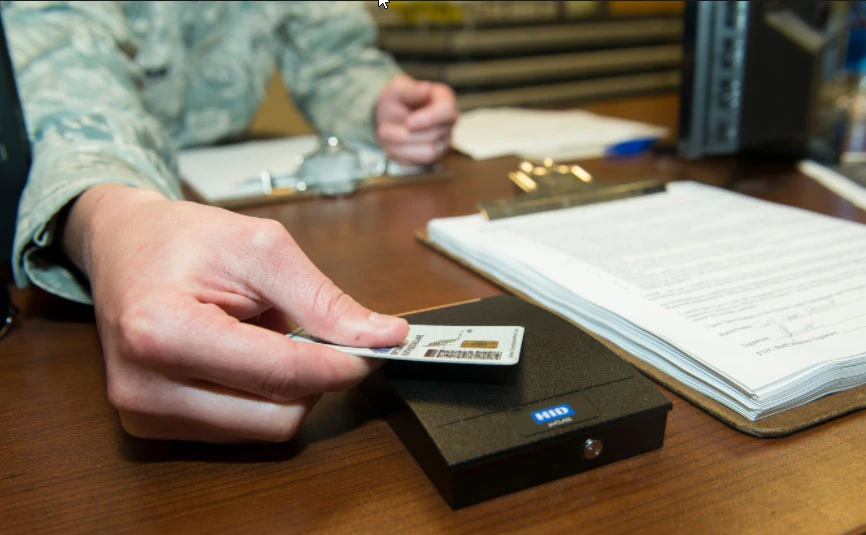The importance of collecting accurate and complete patient billing information at the time of the patient’s emergency department or urgent care service cannot be overstated. Getting claims processed promptly and completely for health insurance reimbursement is essential for maximizing ER cash flow and revenues. This article will provide you with information that details what to collect at the time of the patient’s visit for emergency or urgent care services.
Information to Collect From the Patient Upon Their Arrival
The Medical Billing process during emergency department or urgent care services begins at the point of registration. It is extremely important that the registration staff collect complete and accurate patient billing information from the patient. Verifying the accuracy of the information will help expedite the medical billing process and eliminate potential errors that would delay payments from insurance companies.
General Information
Information that needs to be collected includes the patient’s legal name, current address, date of birth, social security number (if the patient/guarantor is willing to provide), gender, and driver’s license number. It is strongly recommended that you get a copy of the patient’s driver’s license at the time of emergency department or urgent care service. Then verify that the address on the driver’s license is current. If the patient has recently moved, be sure to get the new address to ensure that any bills or other correspondence will be sent to the correct address.
Health Insurance Information
The emergency room or urgent care center registration staff should also collect health insurance information from the patient. Applicable insurance information includes the name of the insurance company, the patient’s policy number, and group number. It is also very important to verify that the patient’s insurance policy is active, which can be done through the facility’s registration software. If your registration software does not have this capability, many insurance companies offer a verification tool on their website, or the registrar can simply call the number on the back of the patient’s insurance card.
Accident or Injury Information
Other information that needs to be collected at the time of emergency room or urgent care service is the reason for the visit. Determine if an injury or accident was related to employment, a school activity, or a motor vehicle collision. All employment-related injuries will require a Worker’s Comp form to be completed. Injuries sustained by students will require a school accident form. All injuries related to a motor vehicle will require documentation that details the date, time, location and description of the accident.
Maximizing Cashflow and Rapid Insurance Reimbursement
Emergency room registration staff should be well trained in the proper questions to ask, information to collect, and special forms to complete when appropriate. 360 Medical Billing Solutions are specialists in collecting accurate information at the time of service can help ensure that the medical billing process is complete, accurate and as error-free as possible. Any inaccurate or incomplete information that is received at the time of service can delay the claim being processed by the insurance and ultimately delay payments for the patient’s visit.
By Jake Cribbs, Client Representative, 360 Medical Billing Solutions







